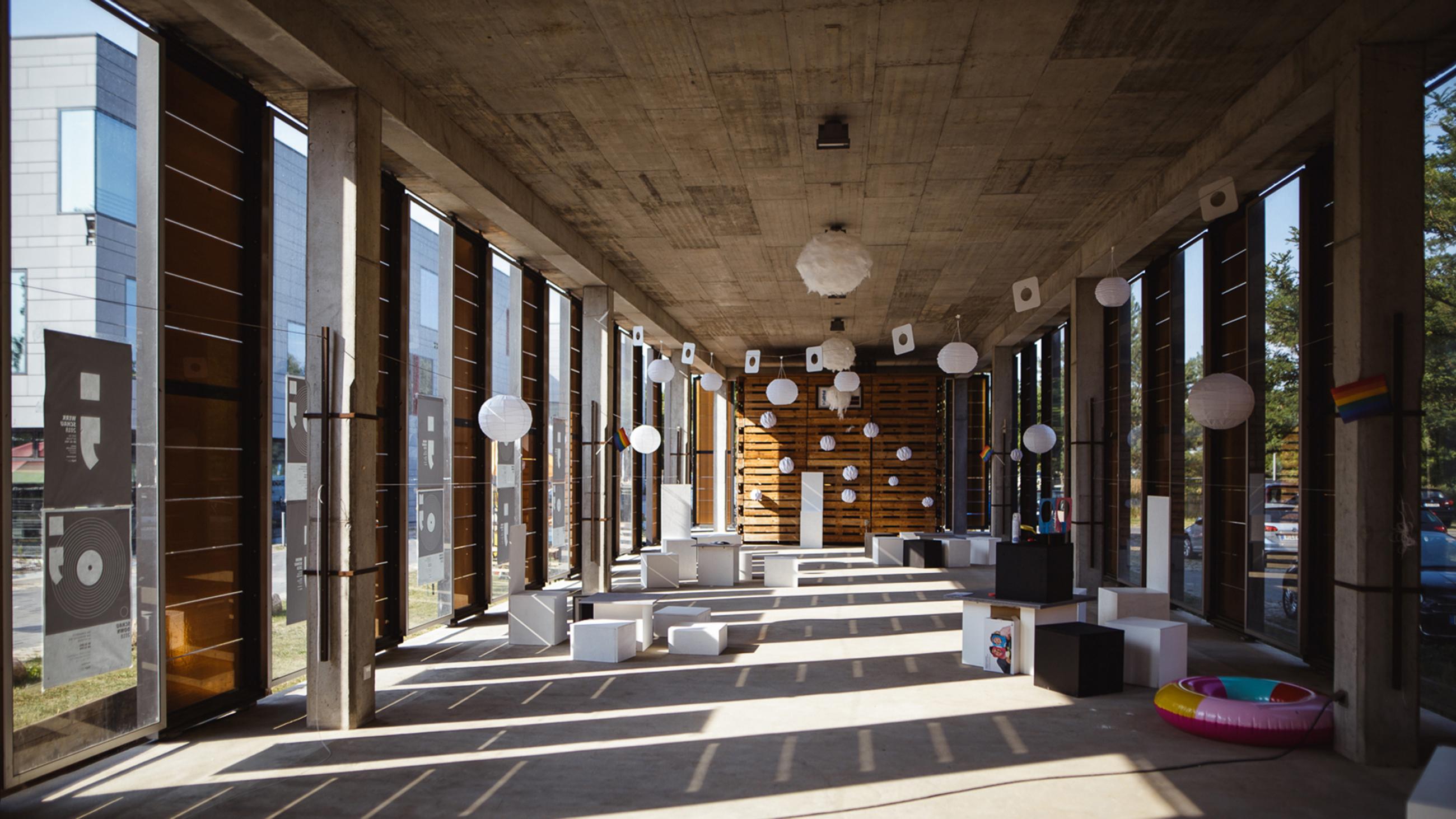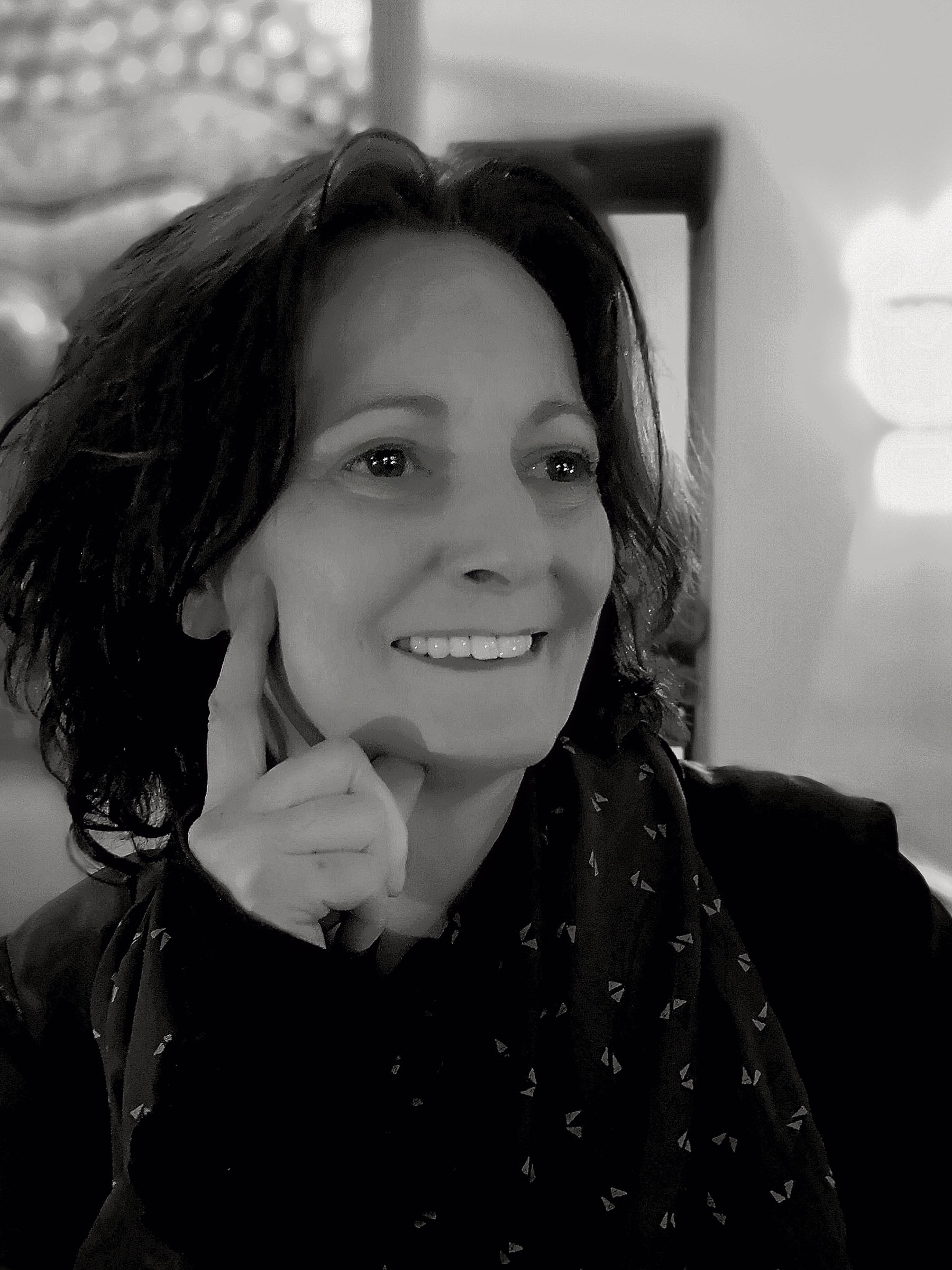Social justice and diversity has proven itself as an anti-discrimination, inclusion and participation concept and is now applied in many fields. The discrimination-critical approach is about the possibility of understanding structural discrimination as an interaction of individual, institutional and cultural discrimination practices, reflecting on stereotypes and one's own interconnectedness and professionally developing options for action against any form of discrimination.
Social Justice and Diversity Training
A training concept critical of discrimination

Zeitraum:
Start of course 22 (attendance) + course 25 (online): 25/01/2025
Status:
Free places
Format:
In-house
Certificate Course
Degree:
University certificate
Credits:
10 ECTS points
Requirements:
Work experience, studies
Participation fee:
3,190 euros
Educational leave:
Recognised in Brandenburg and Berlin
At a glance
Scientific management
- Prof. Dr. Gudrun Perko, social and educational sciences department, University of Applied Sciences Potsdam
- Leah Carola Czollek, Institute Social Justice & Radical Diversity
Goals
Participants gain the qualification to conduct social justice and diversity trainings according to the training concept "Social Justice and Diversity". At the same time, they learn to apply elements of the training in their (professional) contexts.
Target groups
Interested persons and multipliers who want to work professionally for non-discriminatory interaction between people.
